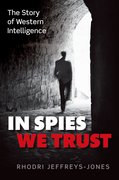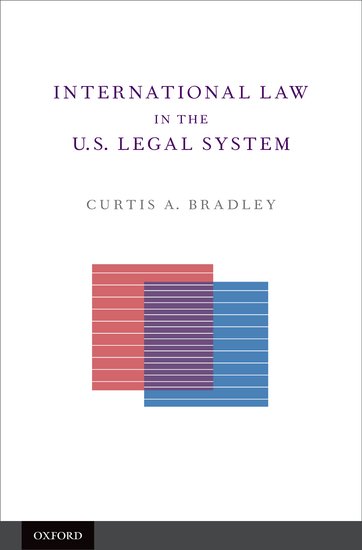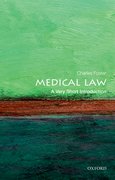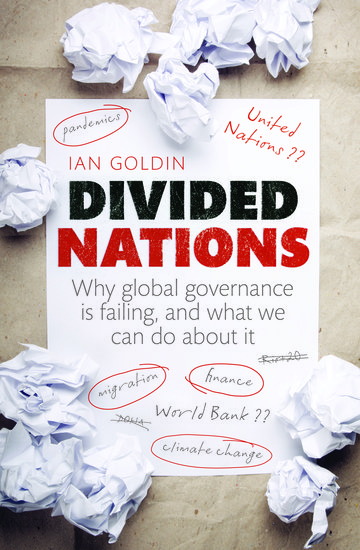The case for a European intelligence service with full British participation
By Rhodri Jeffreys-Jones
The question is not what can membership in the European Union do for us in the UK, but what can we do for the EU? There is one way in which we British can strengthen the benefits of union. We can demand and nourish a European Intelligence Service (EIS). Forget the parochial moaning, the time is ripe for such an initiative.
















